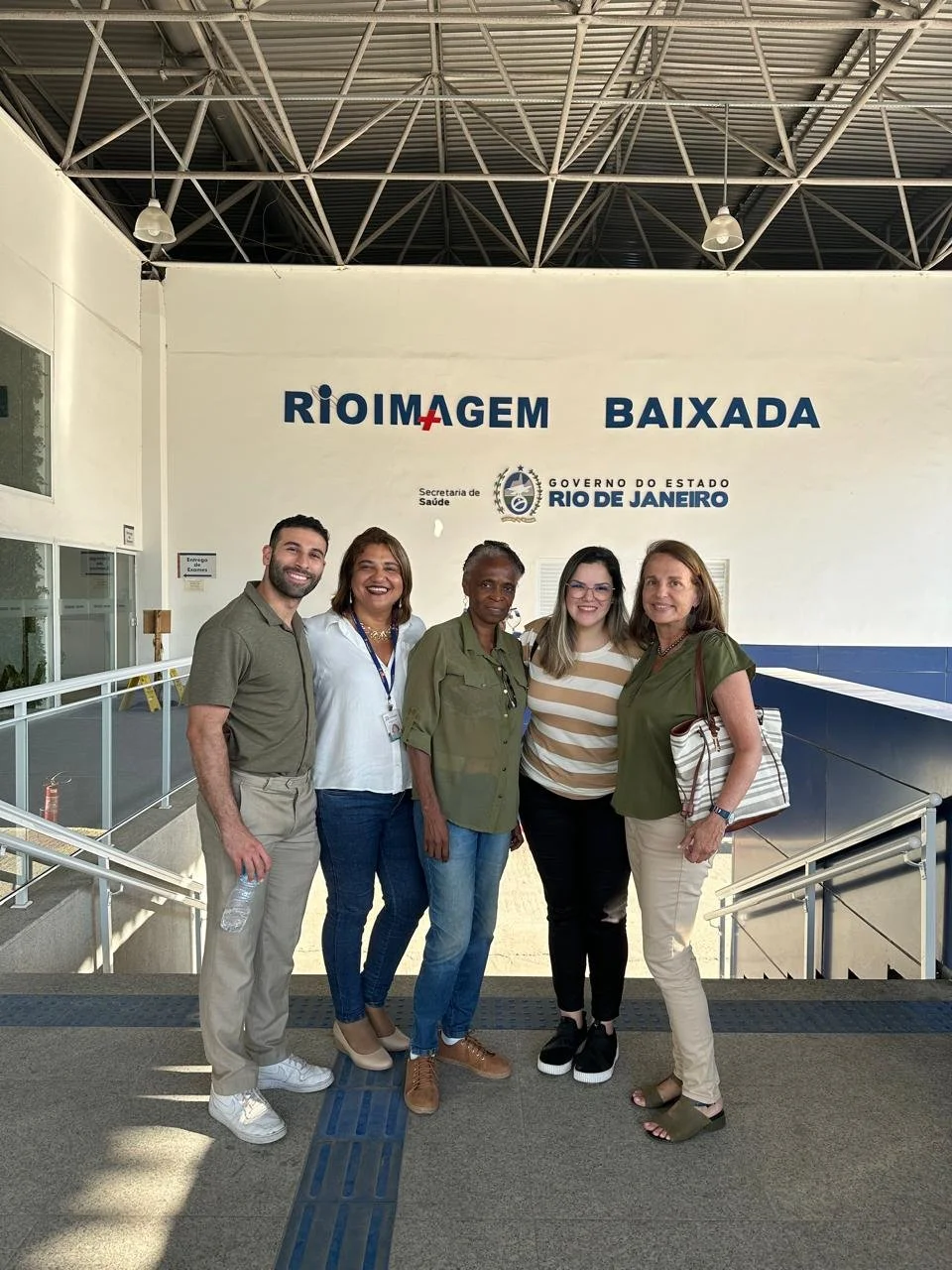Cost, Care, and Commitment: Navigating Global Health Challenges in Brazil
By Elias Jabbour
My name is Elias Jabbour, a third-year medical student at McGill University. For the past two years, I was thrilled to embark on a journey to Brazil to study tuberculosis (TB) care strategies. My motivation for global health stems from a deep desire to understand and improve healthcare practices internationally, especially in resource-limited settings where efficient practices can drastically impact health outcomes.
Initially, the project aimed at evaluating the cost of various TB care activities in Brazil. Given the Brazilian government's plans to upscale screening and preventive strategies, my research focused on financial analyses across different stages of TB care. Although crucial, what I didn’t anticipate was how profoundly my fieldwork experience would shape my perspective and future career ambitions.
Two particular experiences left lasting impressions:
Firstly, after completing the initial phase of our cost evaluation, we received further invitations on behalf of the Brazil’s National TB Program to continue researching into budget impacts of additional TB care practices. This endorsement was incredibly motivating, affirming that my work had tangible implications for healthcare policy and patient outcomes.
Secondly, although healthcare practices vary significantly from country to country, a common thread emerged—dedication to improving community health. Witnessing health professionals' unwavering commitment, despite facing resource constraints, deeply inspired me and reinforced my commitment to global health.
Yet, this journey wasn't without challenges:
Language barriers posed significant hurdles, despite my moderate proficiency in Portuguese. Subtle nuances and technical terms occasionally necessitated native fluency, leading us to rely heavily on local collaborators. This underscored the importance of clear communication and teamwork in international projects.
Additionally, understanding local governmental decision-making processes required considerable insight into Brazil's socio-political landscape. Grasping the interplay between policy and healthcare delivery was crucial for effectively analyzing and interpreting our findings.
From my experience, five key takeaways emerged:
Understanding Healthcare Cost Dynamics: Costs of TB care encompass far more than medications—they include diagnostics, hospitalizations, outpatient services, and productivity losses. Appreciating these complexities highlighted the economic burdens on healthcare systems and patients alike.
Navigating Data Collection Challenges: Brazilian data on TB care is fragmented and inconsistent, necessitating creativity and adaptability. This challenge emphasized the need for standardized data collection practices worldwide.
Exposure to Socioeconomic Disparities: Witnessing stark differences in healthcare access between urban and rural areas amplified my awareness of social determinants of health, underscoring the urgency for equitable healthcare policies.
Multidisciplinary Collaboration: The project required interaction with economists, healthcare providers, and policymakers, reinforcing the importance of integrating diverse perspectives to address complex health issues effectively.
Balancing Rigor with Practicality: Balancing methodological rigor against practical constraints like time and funding taught me essential lessons about pragmatic research design and effective problem-solving.
On a personal note, this fieldwork has profoundly shaped my future aspirations. It deepened my interest in healthcare policy, particularly in understanding and addressing global disparities in health. Witnessing firsthand the complexities involved in healthcare delivery in resource-limited settings reinforced my passion for a career that integrates clinical practice with impactful public health research and advocacy.
During a site visit to Penha, a remote community on the outskirts of Rio de Janeiro that receives a high volume of tuberculosis patients. The visit was led by Dr. Anete Trajman and included meetings with key local healthcare leaders to explore partnerships for scaling up TB screening strategies and to better understand the site’s clinical workflows and specific needs.
Finally, I'd like to extend heartfelt gratitude to my supervisors, Dr. Jonathon Campbell and Dr. Anete Trajman, whose invaluable guidance, mentorship, and continuous support were essential to my growth during this project. Their dedication has been truly inspiring, shaping my vision for global health and healthcare advocacy.
Through this experience, I have grown personally and professionally, developing insights and skills that will undoubtedly shape my medical journey ahead. I encourage others passionate about global health to pursue similar opportunities—it is a uniquely rewarding journey.
Elias Jabbour
is a final-year medical student at McGill University with a strong focus on neonatal-perinatal medicine, global health, and social justice in healthcare. Prior to medical school, Elias worked for over five years as a Clinical Research Coordinator in the NICU, contributing to national research networks, supervising trainees, and publishing extensively on neonatal outcomes and health economics. He is a lead clinical coordinator on numerous research initiatives and collaborates on studies related to cost analyses of intensive care stays and antenatal risk trends across Canada. Elias is also deeply committed to community engagement, having organized seminars and advocacy work through different clubs to amplify marginalized voices in medicine. He is particularly interested in optimizing care delivery across international contexts, including his recent TB research collaborations in Brazil.



